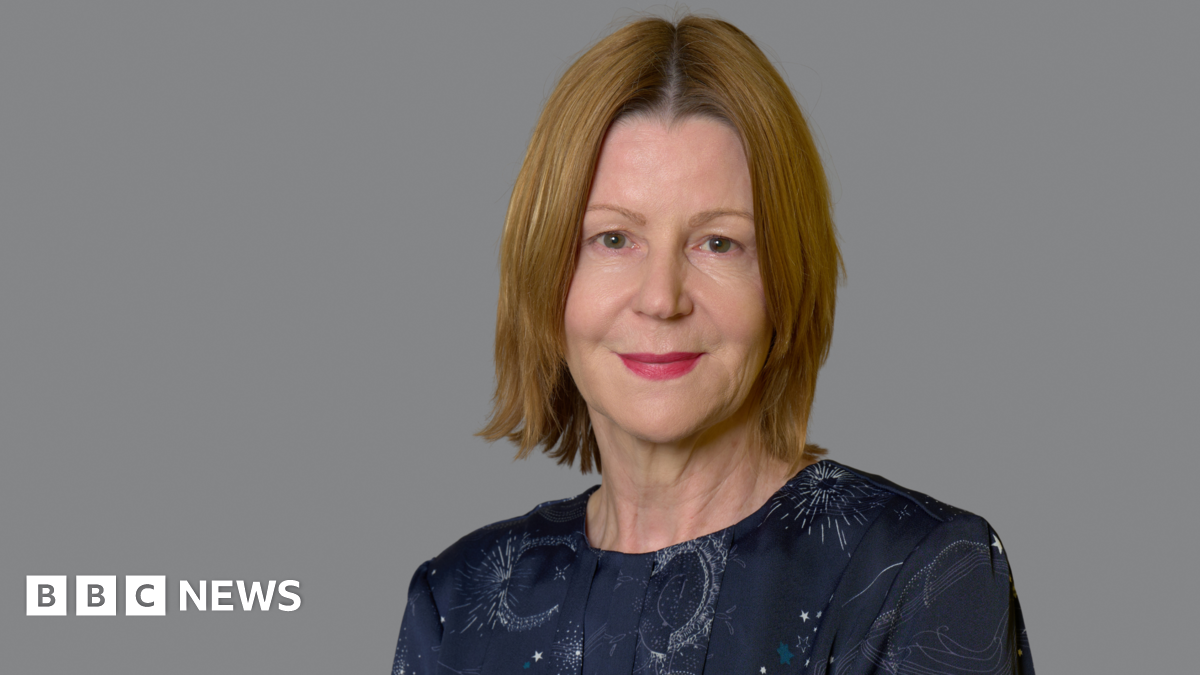Sadly with the degree of cognitive dissonance and sunk cost this will take time , which to be honest noone has- it's already been too long to get to this point.
It needs persuasion and an " off ramp" .
What would an " off ramp" look like to work?
I sort of agree. But it is more complex than this as a solution, bearing this in mind for
some audiences might be useful.
I think that we have different audiences as well. Who all influence each other. The messages to each need to
seem simple but need to be properly thought through from all angles and cohere with each other.
I'm sort of writing this as if it is in the original thread as intended so was really talking about how we get people to be interested in the DecodeME results and message at all. But people keep interpreting the first marketing task of understanding your target audience as 'emotional support' just because we have to use frank words about how things really are to do that job properly rather than glossing over the bits some don't want to believe/touch on etc.
In this context I'm concerned about what these people think and do because us being forced to pretend they don't think that way or do those things will mean we end up with another strategy/communication that doesn't work
1. There is the 'totally new to the area, as they thought it didn't apply to them and weren't involved at all' researchers and medical related that we need to come into the area and treat is as fresh. And yes they might be new because they thought CFS was just fatigue but yes who cares as they did no harm by that, happy to have them on board now.
2. Obviously we have the bps but whilst we have to be aware of what they think and will do we won't ever persuade them.
Even within this remember that we have the bps and group of 50 who make up the same orgs like coffi/oslo etc. and LPers bu then there is the BACME-types. And eg medics who apparently just think what they think but aren't involved in ME/CFS at all.
And I think it is very useful here to distinguish in the BACME type area between:
a. those who are more 'leadership' and have positions running businesses or kingdoms which have been grown based on business models selling very specific promises. And the equivalent in research/those trying to grow FND as a replacement bucket to do a rinse-repeat version of this.
b. those who are just 'staff' and I assume that they come on a large spectrum of skills, beliefs, ambitions and ability to think critically/see where the wind is blowing if it wasn't just the paradigm but also the future/next big market is vs just having been attracted to a job that is behavioural psychology (punishment and reward to change behaviours) and that's where they want [it] to stay
3. But the 'machinery' that currently blocks and works as a system to enable this is people who are eg in GP positions (who play roles in ICBs) and roles in hospitals and on research funding or ethics committees etc. will be getting messages from them so we need to be planning messages to them aware of what alt-view articles stoking that and other initiatives or 'offerings' they will be receiving from said bps
4. And a big mix of what you'd call bystanders which include laypersons, general public, and so on who might either agree that a thing is a good idea and would be a beneficial thing to happen/choose to fund etc or permit things bad to happen by turning a blind eye on the basis of 'there must be more to the story' or 'not get involved' etc. or don't depending on a complex mix of all sorts. This is the politics in the more general and 'demos' sense who might influence whether a normal politician might support one thing or the opposite as apolicy or initiative or general attitude to one group vs another in choices.


